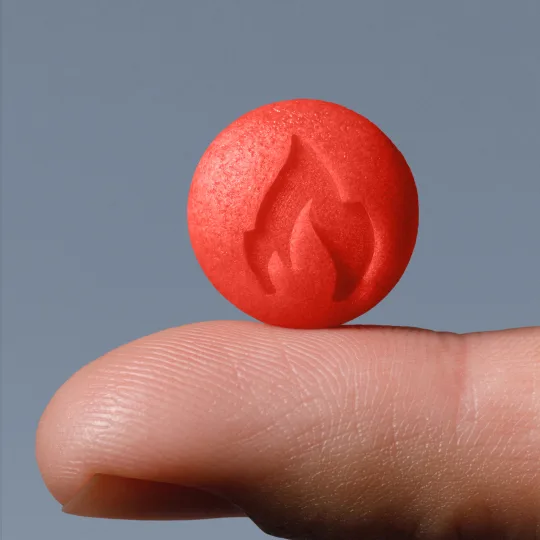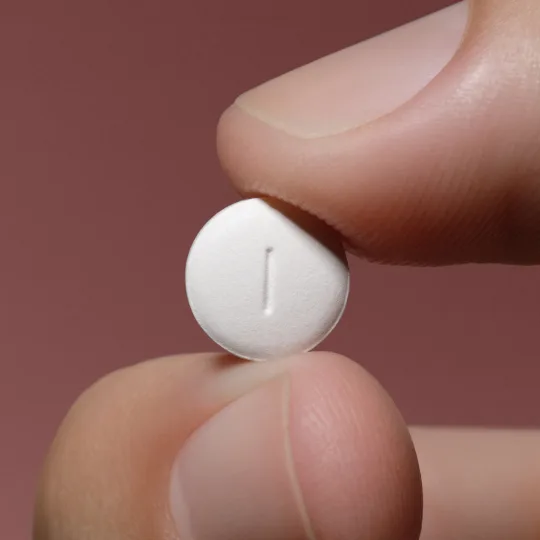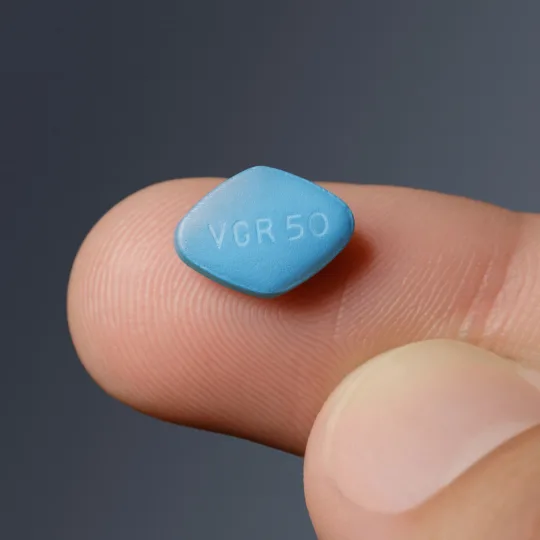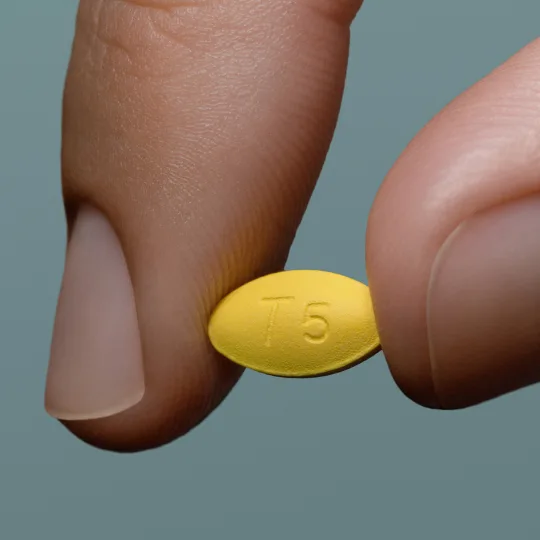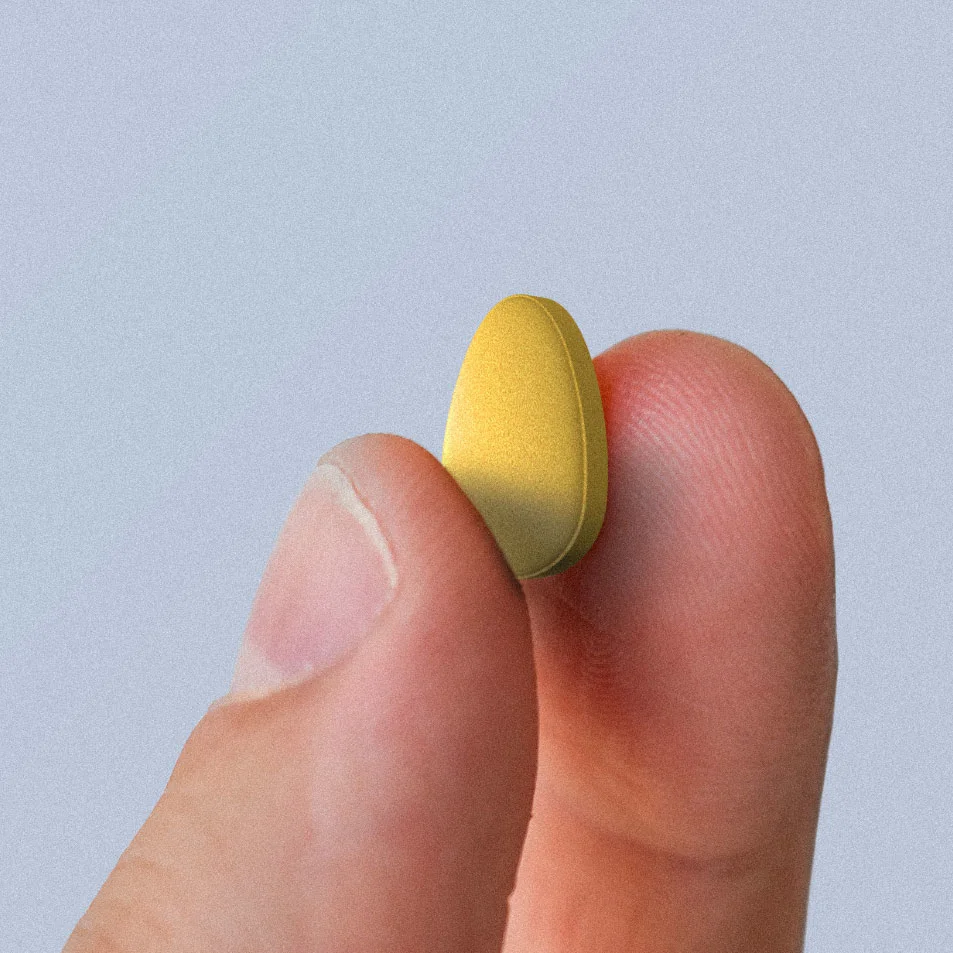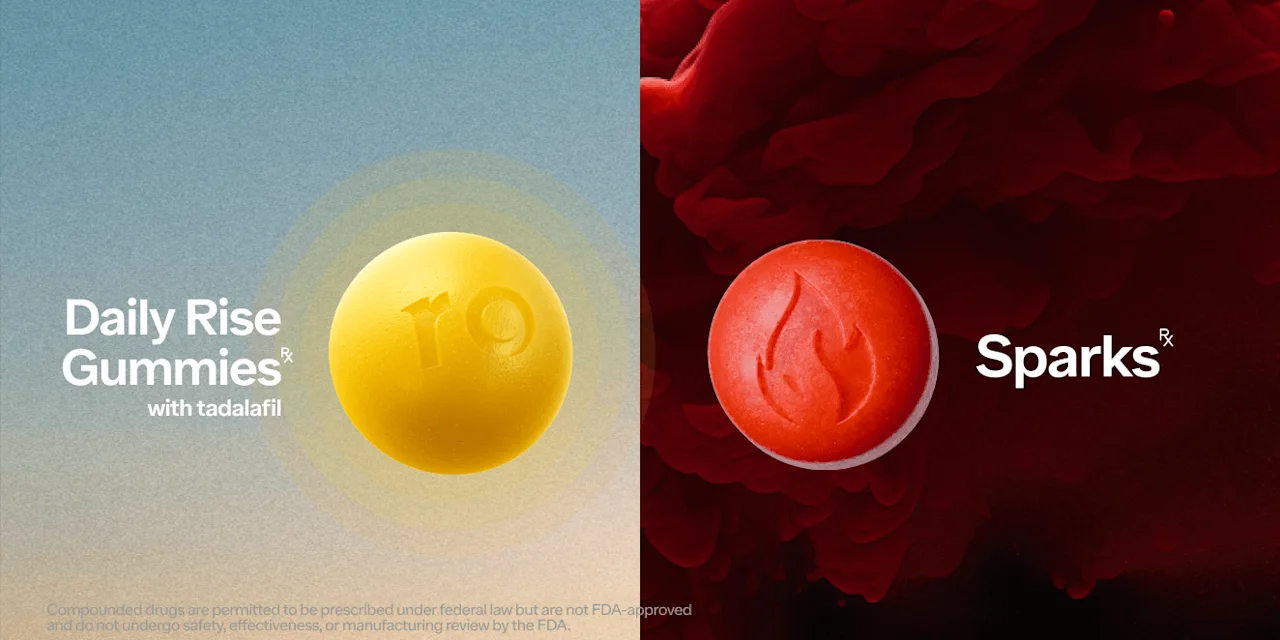Key takeaways
There’s no “right” number of times a man should release sperm or ejaculate per day, week, or month. For most people, ejaculating should be done as often as it feels right.
The frequency with which a person ejaculates is dependent on many factors, including age, relationship status, and sexual health, among others.
While more research is needed, some studies show frequent ejaculation may lead to health benefits, such as reduced stress and better sleep, among others.
Limited evidence suggests ejaculating may help rid the body of carcinogens linked to prostate cancer, with one study finding that ejaculating 21 times per month could be the magic number. But more research is needed.
Here's what we'll cover
Key takeaways
There’s no “right” number of times a man should release sperm or ejaculate per day, week, or month. For most people, ejaculating should be done as often as it feels right.
The frequency with which a person ejaculates is dependent on many factors, including age, relationship status, and sexual health, among others.
While more research is needed, some studies show frequent ejaculation may lead to health benefits, such as reduced stress and better sleep, among others.
Limited evidence suggests ejaculating may help rid the body of carcinogens linked to prostate cancer, with one study finding that ejaculating 21 times per month could be the magic number. But more research is needed.
Most people would say that ejaculating feels pretty good—so good, in fact, that they might be tempted to do it frequently. (Just ask your teenage self.) But how often should a man ejaculate, really?
There’s no set number of times a man should ejaculate or release sperm per week, day, or month. And the frequency with which a man does ejaculate, be it through sexual intercourse or masturbation, is an individualized amount that can vary depending on factors such as age, relationship status, and more. Even with that answer, you might still have more questions, like “can you ejaculate too much or too little?” and “what happens if you ejaculate too much?”
Luckily, research says most people don’t need to worry about the frequency with which they’re ejaculating. Some studies suggest that ejaculating regularly can have health benefits like improving sperm quality, lowering inflammation, supporting heart health, and reducing the risk of prostate cancer. Meanwhile, some claim that semen retention (avoiding ejaculation) can promote better health and erectile function.
So, let’s take a closer look at what the science says about ejaculation frequency.
How often should a man ejaculate?
There’s no research-based answer to the question of how often a man should ejaculate or, if we’re getting literal, how often a man should release sperm. Some of the factors that might influence ejaculation frequency include age, relationship status, libido, and overall sexual health.
One study found that among men 20–29 years old, 57% reported an ejaculation frequency of at least 13 times per month, which is around once every other day. Among men 40–49, 32% reported ejaculating this frequently.
Additional research from 2017 found that over half of the men studied (52.1%) had vaginal intercourse in the past month, with frequency peaking among men aged 25–49 and declining with age. While the study didn’t track ejaculation specifically, it also noted that around 18% of men had masturbated with a partner in the past month. So, according to these findings, the average man may be ejaculating at least a few times per month, whether through sexual intercourse or masturbation (both of which tend to end in ejaculation).
Bottom line: There’s no “normal” number of times a man should ejaculate per day, week, or month. Frequency varies among individuals—what might work and feel good for one person might not be the same for another. That said, there may be some health benefits of ejaculating often—but we’ll cover that in a few.
Have better sex with Ro
Is frequent ejaculation safe?
For the majority of the population, frequent ejaculation can be completely safe. Ejaculation is a natural (and totally normal) bodily function that occurs as part of sexual activity, arousal, or even during sleep through nocturnal emissions.
According to a 2021 study, there’s zero evidence that frequent masturbation (which typically ends in ejaculation for most people) is unsafe or has negative health consequences.
Similarly, frequent ejaculation as a result of partnered sex is often considered safe for the parties involved as long as the sexual activities are consensual. In fact, a 2015 study found that partners who have sex at least weekly tend to be happier with their relationships. While the study didn’t explicitly note if sex ended in ejaculation, it’s likely that it did. (After all, research suggests that men reach orgasm, which typically coincides with ejaculation, in 70%--85% of sexual encounters.)
Frequent ejaculation might only be unsafe if it’s negatively interfering with your relationships and day-to-day life. This could be considered problematic hypersexuality, particularly if you’re engaging in risky sexual behaviors, having trouble keeping up with work or daily activities, or experiencing emotions like guilt or shame related to your sexual behaviors. If this resonates with you, it’s definitely worth discussing your ejaculation frequency with a healthcare provider or professional, such as a mental health expert.
Health benefits of ejaculation
There isn’t a lot of research about the health benefits of ejaculation specifically, but here are a few ways it may boost your sexual health—and overall wellbeing. Ejaculation may:
Improve relationships. Sexual arousal increases bodily levels of oxytocin, also known as the bonding hormone. This promotes intimacy between you and a partner.
Reduce stress. Getting aroused and having an orgasm causes a surge of dopamine, a feel-good hormone that contributes to pleasure and positive emotions. More pleasure typically equates to less stress.
Promotes better sleep. While some studies claim it has no effect, some people swear by masturbation or sex before sleep to help them have a more restful night.
Associated with a lower risk of death in people with a history of heart disease. A study of patients who had heart attacks suggests that weekly sex reduced the chance of death from heart attack by about 10% and the risk of death from other causes by a whopping 44%.
Does ejaculating really reduce prostate cancer risk?
The short answer? Maybe. That’s because the data is slightly conflicted, but some research links ejaculation frequency to lowered prostate cancer diagnoses.
One study found that men who ejaculated 21 or more times per month had a lower risk of prostate cancer compared to those who ejaculated 4–7 times a month. One proposed explanation for this is the prostate stagnation hypothesis, which is the idea that carcinogenic substances accumulate in the prostate and ejaculation helps to expel them from the body. However, more research is needed to definitively say whether or not this is the case.
A 2018 meta-analysis of 22 studies suggests that moderate ejaculation (2–4 times per week) is associated with a lower prostate cancer risk. However, the data are not convincing since a dose relationship between the frequency of ejaculation and the risk of prostate cancer was not seen.
And it’s worth noting that ejaculating more often doesn’t mean your cancer risk drops even more. Confusing things further, other data suggest that men who have fewer sexual partners and start having sex later in life may also have a lower incidence of prostate cancer.
Men interested in fertility have traditionally been told to abstain for 3-5 days before providing semen specimens for analysis. However, the most recent medical information suggests that shorter abstinence, even just four hours of abstinence, may provide semen samples with better sperm quality that provides better sperm quality, at least when semen is used with assisted reproduction (IVF) for fertility.
How many times can a man ejaculate in a day?
Okay, so we now know ejaculating regularly can be healthy. But can you do it too much?
Again, there is no magic number for how many times you should or shouldn’t ejaculate in a day. Your age, relationship status, sex life, and overall health all factor into how many times a day you ejaculate.
It’s important to note that every man has a refractory period following ejaculation—this is a period of time when you can’t get an erection or ejaculate. It varies from person to person and changes with age. Research suggests the average refractory period for men is about an hour, but it’s common for it to be shorter or longer. What may have only been a few minutes in your 20s may be hours or days when you get older, according to the International Society for Sexual Medicine.
Your refractory period determines when you can physically ejaculate again. But ejaculation is more than just the physical stuff. The process of arousal, erection, and orgasm is a very complicated pathway involving hormones, emotions, and so much more.
And if you worry about how often you should release sperm, there is no need. Male sperm counts are in the millions for most, and sperm is perpetually regenerated basically from puberty until old age, so you don’t have to worry about running out of sperm in your lifetime.
How many times should a man ejaculate in a week?
Once again, folks, there is no magic number here. Meaning, there’s no set number of times you should ejaculate in a week. But the basic rule is as follows: Do what feels good (pun intended).
Ejaculating multiple times a day isn’t inherently harmful. If, however, you find that your proclivity for masturbating is harming you or the people around you (as in you can’t do what you need to do on a daily basis because you’re masturbating too often and you find it difficult to stop), you may consider speaking to a professional. The answer to the question, “how many times should a man release sperm in a week?” is essentially as often as he wants to.
There is such a thing as sex addiction and porn addiction. And some people may find that, for example, their use of pornography is disrupting their relationship. If that’s the case, speaking with a professional and considering therapy can help you get back into a healthier place.
Can you ejaculate too much?
Wondering what happens if you release sperm daily (if not many times a day)? There’s no scientific evidence that says that ejaculating multiple times is bad for you, but here’s where you might run into a problem: Some people find that if they ejaculate, they have more trouble performing with a partner. As mentioned above, the time between ejaculating and being able to get an erection again is called the “refractory period,” and if you find that you’d like to be able to shorten that period, reducing the number of times you ejaculate in a day may help.
At the end of the day, as long as you and your partner(s) are happy and healthy, there is no such thing as ejaculating too much.
What is semen retention? Is it healthy?
Some people swear by semen retention, the practice of avoiding ejaculation. Semen retention includes not masturbating, masturbating without orgasm, or delaying or skipping ejaculation during sex.
Advocates of semen retention claim that holding back ejaculate preserves their energy and enhances masculinity by keeping semen in the body. Anecdotally, some people say it reduces erectile dysfunction (ED), but there’s no clinical evidence for this. While learning how to last longer in bed is fine to practice, there is no scientific evidence that semen retention does anything for your health.
Bottom line
The good news is that there’s no “right” answer when it comes to the question of how often a man should ejaculate. While ejaculation has some health benefits (and can feel damn good!), there’s generally no real reason to worry about how frequently you’re ejaculating.
Some of the factors that might influence ejaculation frequency include your age, relationship status, sexual activity level, physical health, and other factors. Research has found that men in their 20s tend to ejaculate more frequently than men in their 40s. If you have a higher sex drive, you may feel the need to ejaculate more frequently than someone with a low libido.
In general, you can’t ejaculate too frequently or infrequently. Researchers have found there aren’t any health issues that tend to arise from ejaculating too frequently, in and of itself. There also aren’t really negative health outcomes from abstaining from ejaculating. The typical advice is that you should ejaculate as often as your body wants you to.
There’s some suggestion that ejaculating more frequently can reduce prostate cancer risk. One study found that men who ejaculated 21 or more times per month had a lower risk of prostate cancer compared to those who ejaculated 4–7 times a month. Another analysis found that ejaculating 2 -4 times per week was associated with lower prostate cancer risk. However, single studies should not be used to direct lifestyle activities.
Frequently asked questions (FAQs)
How long can a man go without ejaculating?
There isn’t a clinical one-size-fits-all answer to this question. Some men can easily go without ejaculating for weeks or months and feel no discomfort. Anecdotally, some men have shared via social media that not ejaculating as frequently as their body wants to can cause mild “side effects” like headaches, anxiety, or a condition called epididymal hypertension (better known as “blue balls”). But technically, ejaculation isn’t necessary for the body’s functions in the way that breathing or eating is, so a man could go as long as he wants without ejaculating. And guess what? If you don’t ejaculate, your body will just reabsorb the unused sperm it produced over time.
How often is too often for a man to ejaculate?
There isn’t a specific number of times that would be considered “too often” for a man to ejaculate. But if you find that your need to ejaculate through sex or masturbation is interfering with your daily life or causing you to engage in harmful behaviors, it’s time to seek medical advice and help from a healthcare provider.
Is ejaculating 3 times a day a lot?
Being that there’s no universal standard for how often a man should ejaculate, ejaculating three times a day isn’t necessarily excessive. The frequency with which a man releases sperm really comes down to individual factors, such as age, sexual activity, and overall health. That said, if it’s causing physical discomfort, interfering with your life, or leading to choices that negatively affect your wellbeing, you should reach out to a healthcare provider.
DISCLAIMER
If you have any medical questions or concerns, please talk to your healthcare provider. The articles on Health Guide are underpinned by peer-reviewed research and information drawn from medical societies and governmental agencies. However, they are not a substitute for professional medical advice, diagnosis, or treatment.
Alwaal, A., Breyer, B. N., & Lue, T. F. (2015). Normal male sexual function: emphasis on orgasm and ejaculation. Fertility and Sterility, 104(5), 1051–1060. doi: 10.1016/j.fertnstert.2015.08.033. Retrieved from https://pmc.ncbi.nlm.nih.gov/articles/PMC4896089/
Bancroft, J. (2005). The endocrinology of sexual arousal. The Journal of Endocrinology, 186(3), 411–427. doi: 10.1677/joe.1.06233. Retrieved from https://pubmed.ncbi.nlm.nih.gov/16135662/
Brissette, S., Montplaisir, J., Godbout, R., & Lavoisier, P. (1985). Sexual activity and sleep in humans. Biological Psychiatry, 20(7), 758–763. https://doi.org/10.1016/0006-3223(85)90155-6. Retrieved from https://linkinghub.elsevier.com/retrieve/pii/0006322385901556
Calabrò, R. S., Cacciola, A., Bruschetta, D., et al. (2019). Neuroanatomy and function of human sexual behavior: a neglected or unknown issue? Brain and Behavior, 9(12), e01389. doi: 10.1002/brb3.1389. Retrieved from https://pubmed.ncbi.nlm.nih.gov/31568703/
Curtis, L. (2022). Sex saves lives. European Journal of Preventive Cardiology, 29(1), e38. https://doi.org/10.1093/eurjpc/zwaa102. Retrieved from https://academic.oup.com/eurjpc/article/29/1/e38/6000660
Dimitropoulou, P., Lophatananon, A., Easton, et al. (2009). Sexual activity and prostate cancer risk in men diagnosed at a younger age. BJU International, 103(2), 178–185. doi: 10.1111/j.1464-410X.2008.08030.x. Retrieved from https://pubmed.ncbi.nlm.nih.gov/19016689/
Dupesh, S., Pandiyan, N., Pandiyan, R., et al. (2020). Ejaculatory abstinence in semen analysis: does it make any sense? Therapeutic Advances in Reproductive Health, 14, 2633494120906882. doi: 10.1177/2633494120906882. Retrieved from https://pubmed.ncbi.nlm.nih.gov/32596668/
Gesselman, A. N., Bennett-Brown, M., Dubé, S., et al. (2024). The lifelong orgasm gap: Exploring age’s impact on orgasm rates. Sexual Medicine, 12(3). doi: 10.1093/sexmed/qfae04. Retrieved from https://academic.oup.com/smoa/article/12/3/qfae042/7702123
Haake, P., Krueger, T. H. C., Goebel, M. U., et al. (2004). Effects of sexual arousal on lymphocyte subset circulation and cytokine production in man. Neuroimmunomodulation, 11(5), 293-298. doi: 10.1159/000079409. Retrieved from https://www.ncbi.nlm.nih.gov/pubmed/15316239
Hall, S. A., Shackelton, R., Rosen, R. C., et al. (2010). Sexual activity, erectile dysfunction, and incident cardiovascular events. American Journal of Cardiology, 105(2), 192-197. doi: 10.1016/j.amjcard.2009.08.671. Retrieved from https://www.ncbi.nlm.nih.gov/pubmed/20102917
Herbenick, D., Bowling, J., Fu, T. C., et al. (2017) Sexual diversity in the United States: Results from a nationally representative probability sample of adult women and men. PLOS One 12(7), e0181198. doi: 10.1371/journal.pone.0181198. Retrieved from https://journals.plos.org/plosone/article?id=10.1371/journal.pone.0181198
Jian, Z., Ye, D., Chen, Y., et al. (2018). Sexual activity and risk of prostate cancer: a dose-response meta-analysis. Journal of Sexual Medicine, 15(9), 1300-1309. doi: 10.1016/j.jsxm.2018.07.004. Retrieved from https://www.ncbi.nlm.nih.gov/pubmed/30122473
Lastella, M., O'Mullan, C., Paterson, J. L., et al. (2019). Sex and sleep: perceptions of sex as a sleep promoting behavior in the general adult population. Frontiers in Public Health, 7, 33. doi: 10.3389/fpubh.2019.00033. Retrieved from https://pubmed.ncbi.nlm.nih.gov/30886838/
Leitzmann, M. F. (2004). Ejaculation frequency and subsequent risk of prostate cancer. JAMA, 291(13), 1578-1586. doi: 10.1001/jama.291.13.1578. Retrieved from https://jamanetwork.com/journals/jama/fullarticle/198487
Mascherek, A., Reidick, M. C., Gallinat, J., & Kühn, S. (2021). Is Ejaculation Frequency in Men Related to General and Mental Health? Looking Back and Looking Forward. Frontiers in Psychology, 12, 693121. doi: 10.3389/fpsyg.2021.693121. Retrieved from https://pmc.ncbi.nlm.nih.gov/articles/PMC8382266/
Muise, A., Schimmack, U., & Impett, E. A. (2015). Sexual Frequency Predicts Greater Well-Being, But More is Not Always Better. Social Psychological and Personality Science, 7(4), 295-302. doi: 10.1177/1948550615616462. Retrieved from https://journals.sagepub.com/doi/abs/10.1177/1948550615616462
Rider, J. R., Wilson, K. M., Sinnott, J. A., et al. (2016). Ejaculation frequency and risk of prostate cancer: updated results with an additional decade of follow-up. European Urology, 70(6), 974-982. doi: 10.1016/j.eururo.2016.03.027. Retrieved from https://www.ncbi.nlm.nih.gov/pubmed/27033442
Schlegel, P. N. (2024). Abstinence for sperm sample collection and ART outcome: an unsubstantiated myth. Current Opinion in Obstetrics & Gynecology, 36(3), 113–117. doi: 10.1097/GCO.0000000000000946. Retrieved from https://pubmed.ncbi.nlm.nih.gov/38597803/


